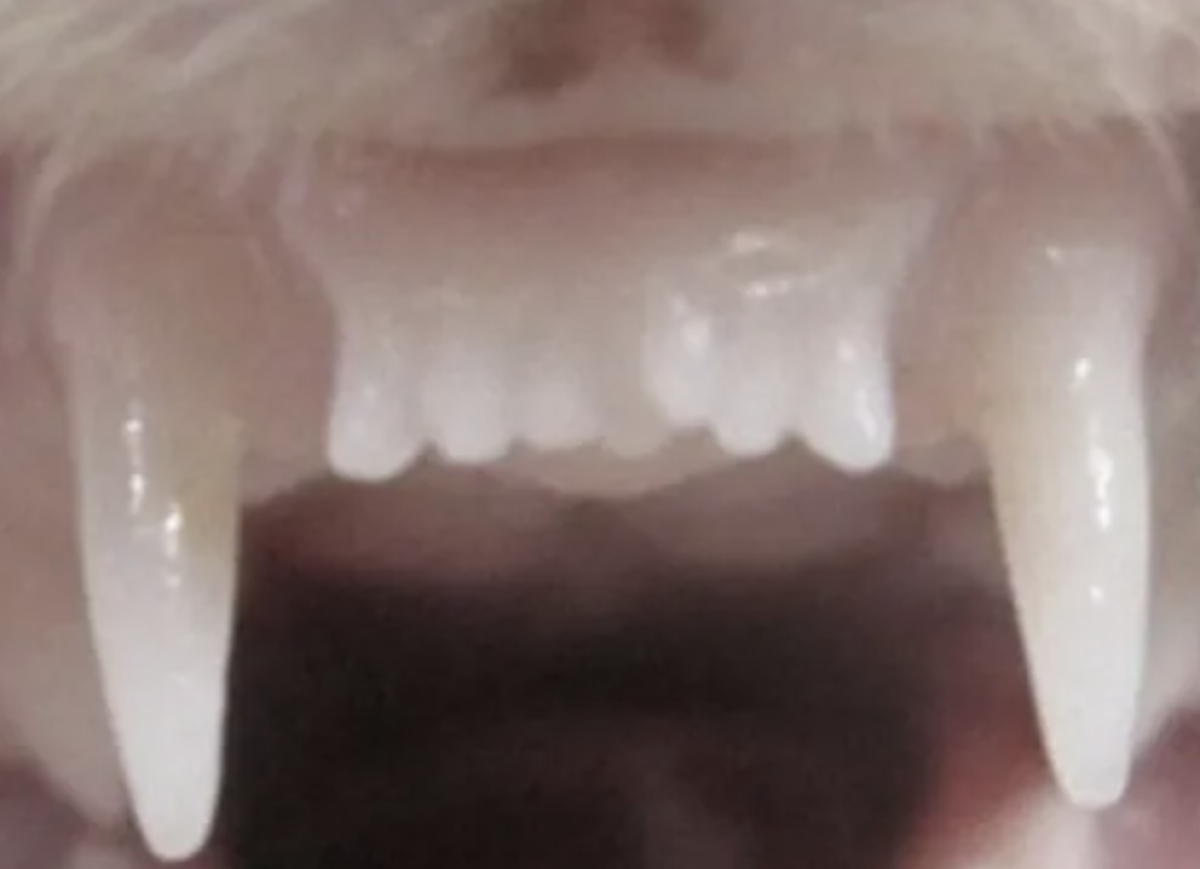First-ever Tooth-regrowing Drug to be Administered to Humans in September

Scientists will start the first human test of a drug that can regrow teeth in a few months. This follows its success in animals and could lead to the drug being sold by 2030.
The trial will be at Kyoto University Hospital from September to August 2025. It will involve 30 men aged 30-64 who are missing at least one molar. The drug, given through an IV, will be tested to see if it works on human teeth after it successfully grew new teeth in ferrets and mice without major side effects.
“We want to help those suffering from tooth loss,” said lead researcher Katsu Takahashi. “There’s been no permanent cure so far, but we think people have high hopes for tooth growth.”
The Drug Result after 11 Month
After this 11-month first stage, researchers will test the drug on children aged 2-7 who are missing at least four teeth due to a genetic condition affecting about 1% of people. They are currently looking for participants for this Phase IIa trial.
Next, they plan to expand the trial to people missing one to five permanent teeth due to environmental factors. This condition varies by country, but about 5% of Americans are missing teeth, especially older adults.
The drug works by deactivating the USAG-1 protein, which normally prevents tooth growth. By blocking USAG-1, the drug encourages BMP signaling, leading to new bone growth.

Kitano Hospital
The drug caused new teeth to grow in mice and ferrets, which have similar USAG-1 properties to humans.
“The USAG-1 protein is 97% similar in humans, mice, and beagles,” the researchers said. However, there are no plans for a beagle trial yet.
Molecular biologist and dentist Takahashi, who has been working on tooth regeneration since 2005, hopes this treatment will help anyone who has lost teeth, not just those with genetic dental conditions.
Read the Original Article NewAtlas
Read more Protein-Fortified Microalgae Gets a Nutritional Lift from an Unexpected Source










